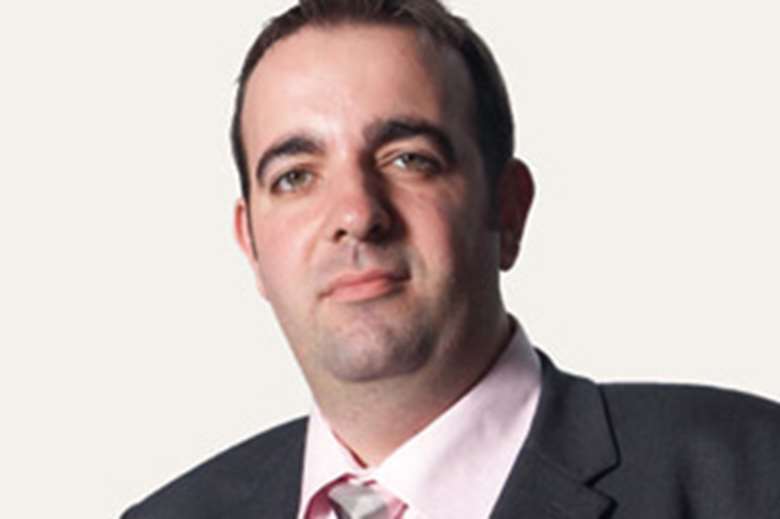Leadership: Big society offers the chance to end our addiction to government funds
Adam Nichols
Monday, March 7, 2011
During a cholera epidemic in London in 1866, a little boy led a young Irish doctor to a rooftop in Whitechapel, where he found hundreds of destitute and orphaned children living in squalor.

The doctor gave up his early ambition to become a missionary in China, and instead devoted himself to creating a better life for the children that society preferred to forget.
Just three miles from where Thomas Barnardo founded his influential and enduring charity in the 1860s, I sat in the grand surroundings of Somerset House to hear the Prime Minister relaunch his flagging big society initiative.
Dr Barnardo did not seek the approval of Benjamin Disraeli to open his first children's home in Stepney. Neither did he ask or expect the government to fund the development and scaling up of his idea, which was caring for more than 8,500 children in 96 locations by the time of his death in 1905. There was no Sure Start, Children and Young People's Fund or Futurebuilders in those days.
Barnardo's provides an interesting parable of what has happened to the voluntary sector over the past century. Civitas, in its 2007 report Who Cares?, notes that Barnardo's receives 78 per cent of its funding from government. And it is not just the big boys. My own organisation Changemakers, like so many others, has received more than two-thirds of its income in each of the past three years from government sources, although we have managed to generate a similar proportion from non-statutory funders for next year.
Too many charities now believe the government owes us a living.
It is ironic that, while we are brilliant at giving children and young people control over their own lives and freeing them from the cycle of state dependency, as organisations we find ourselves in our own dependency culture, unable to survive without government cash. And the money tap is about to be turned off.
Such reliance should no longer be necessary. Youth charity Onside, which grew out of Bolton Lads & Girls Club to expand that model across the North West, has recently generated more than £1m from local businesses in Blackburn - hardly the most affluent part of the country and hardly the easiest time to be asking the recession-ravaged private sector for donations.
Listening to David Cameron talk about the big society gives me hope. Nobody pretends that the idea has been fully explained to a sceptical public, nor that community-led social action is anything new. But it represents a genuine ideological commitment to the sorts of values and principles most of us working with children hold dear, and a chance to create a more efficient, engaging and independent voluntary youth sector (see how, below).
This will be a tough year. But if we can put aside our natural scepticism and in-built anti-Conservative mindset, we might just find that the big society agenda is the chance of a lifetime.
Government support is crucial in some areas but maybe, if it moves out of the way and creates space for others, a thousand flowers really can bloom.
Adam Nichols, chief executive, Changemakers
WHY CHILDREN'S AND YOUTH CHARITIES SHOULD EMBRACE THE IDEA OF A BIG SOCIETY
The big society allows us to create a voluntary sector that is more:
- Efficient and effective A good dose of market reality will weed out duplication and waste. I receive five separate government-funded emails a week from children's and youth organisations updating me on developments in the sector. Most of the content is the same. There is no reason why the taxpayer should foot this bill. Government is not very good at sorting the wheat from the chaff
- Engaging We will return to a more participative model rooted in the knowledge and passion of volunteers. The so-called professionalisation of our sector is one of the most damaging developments of the past 20 years. At worst, it promotes a protectionist agenda more about safeguarding rights of employed staff than needs of children and young people. We all need dedicated expert staff working in our organisations but volunteers are capable of doing far more than we currently allow, and they often do a better job. We should let them
- Independent Charities will be able to campaign and criticise the government without fear of being financially penalised. This is a crucial element of civil society, and has been compromised over recent years




